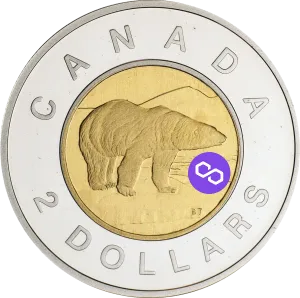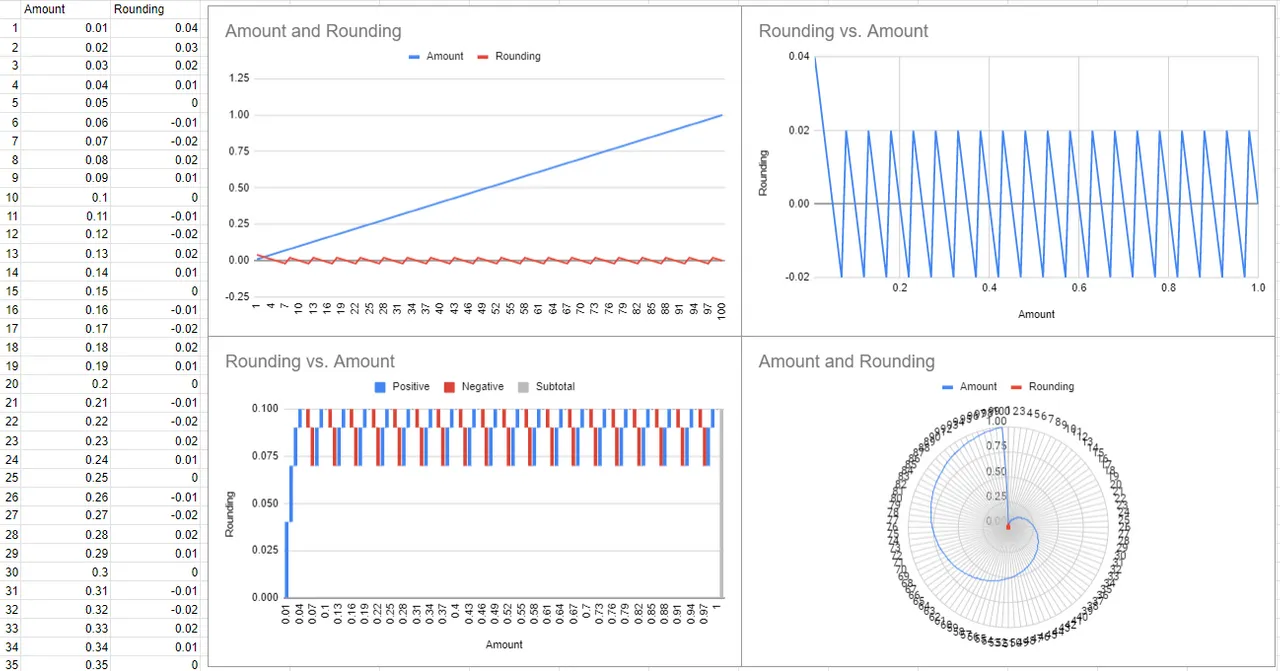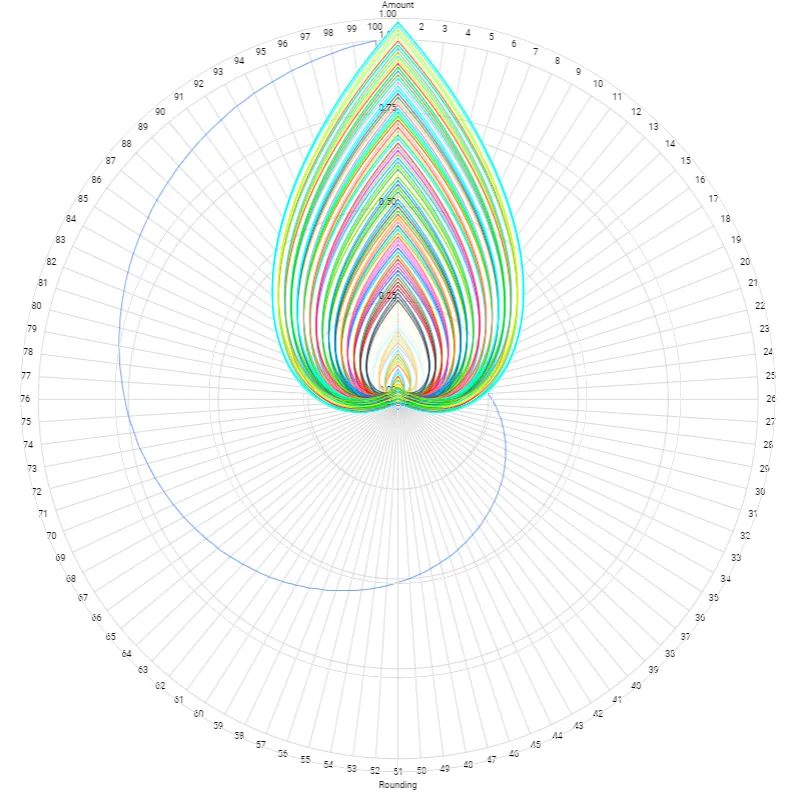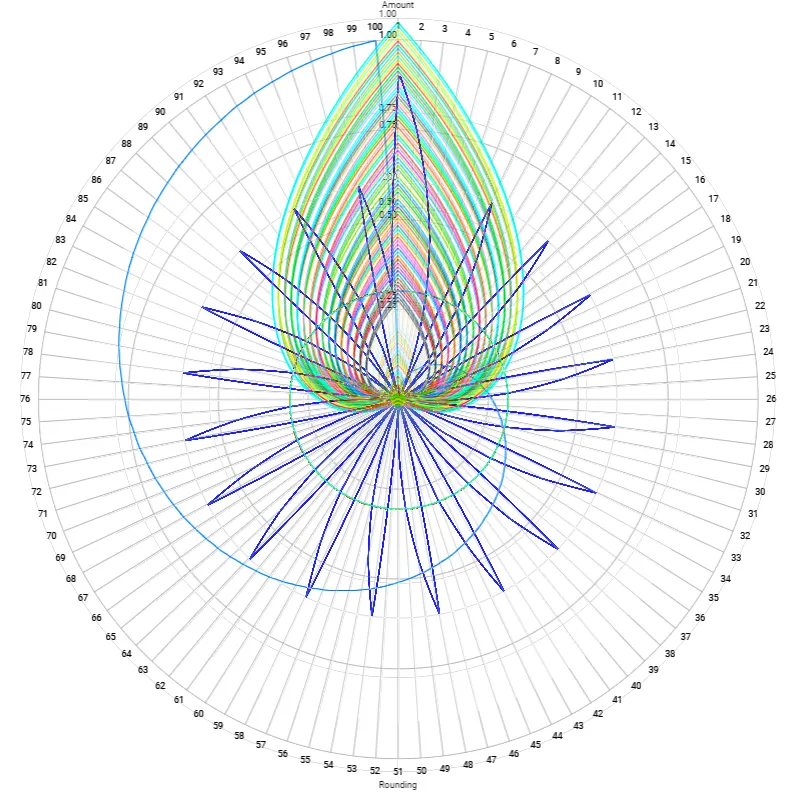
We have SWAP.MATIC on LeoDex so I just deposited 5 Hive for
"contractName": "market",
"contractAction": "buy",
"contractPayload": {
"symbol": "SWAP.MATIC",
"quantity": "2.5",
"price": "1.89"
 So now I have a little SWAP.MATIC and I want to send it to my polygon address.
So now I have a little SWAP.MATIC and I want to send it to my polygon address.
You see I need to have a little MATIC in my wallet for fees, but they really aren't much.
At least not yet. Sure 0.1 Matic has more than covered two weeks of airdrop claims and stakes.
Total Fees Spent (As a Sender)
0.105 MATIC USD [ 0.15 (Adjusted) | USD 0.15 (Current) ]
BNB was cheap too once. So was Ethereum. This Polygon MATIC is a second layer solution for Ethereum, which means if you wan't to do Ethereum stuff but don't have hundreds of dollars to burn then you might want to try it out.
As Ethereum continues on its merge to become a ultra hard money, it runs the risk of pricing people out. I wonder if there might be any wisdom in acquiring more MATIC just in case for fees in the future.
At the current rate, assuming I will continue to stake xPolyCub, I may use 3.15 Matic in fees this year. Over 5 years that might be 15.75 Matic or lets say 31.5 to round up. Today 31.5 MATIC costs 57.645 Canadian, that would be 0.00112069 Bitcoin today.
If Matic goes as high as $50 in the next 5 years then I might be trying to buy 31.5 Matic for $1575.
Or it could stay in the $1-2 before crashing to satoshis, as Ethereum dies alongside it.

1 Matic today would be a Toonie Canadian, or a Loonie three quarters and a dime. We round up cents because that makes sense somehow.

That last diagram there is very interesting, I made it a little bigger and flipped some parameters around.

What happens when you round pennies up and down at the grocery store? If you add up all the plus and minus (1 2 or 3 cents) and graph it you can make these two spirals, and I put them together. Where does the money go? You go up frm 0.01 to 0.05 so +3 pennies, add up 100 cents and somehow you get +0.10 .

So if you round up or down 10,000 times you end up with an extra $1000. Do that 200,000 times and somehow there is an extra $20,000. I don't understand math very well, but I like Art.